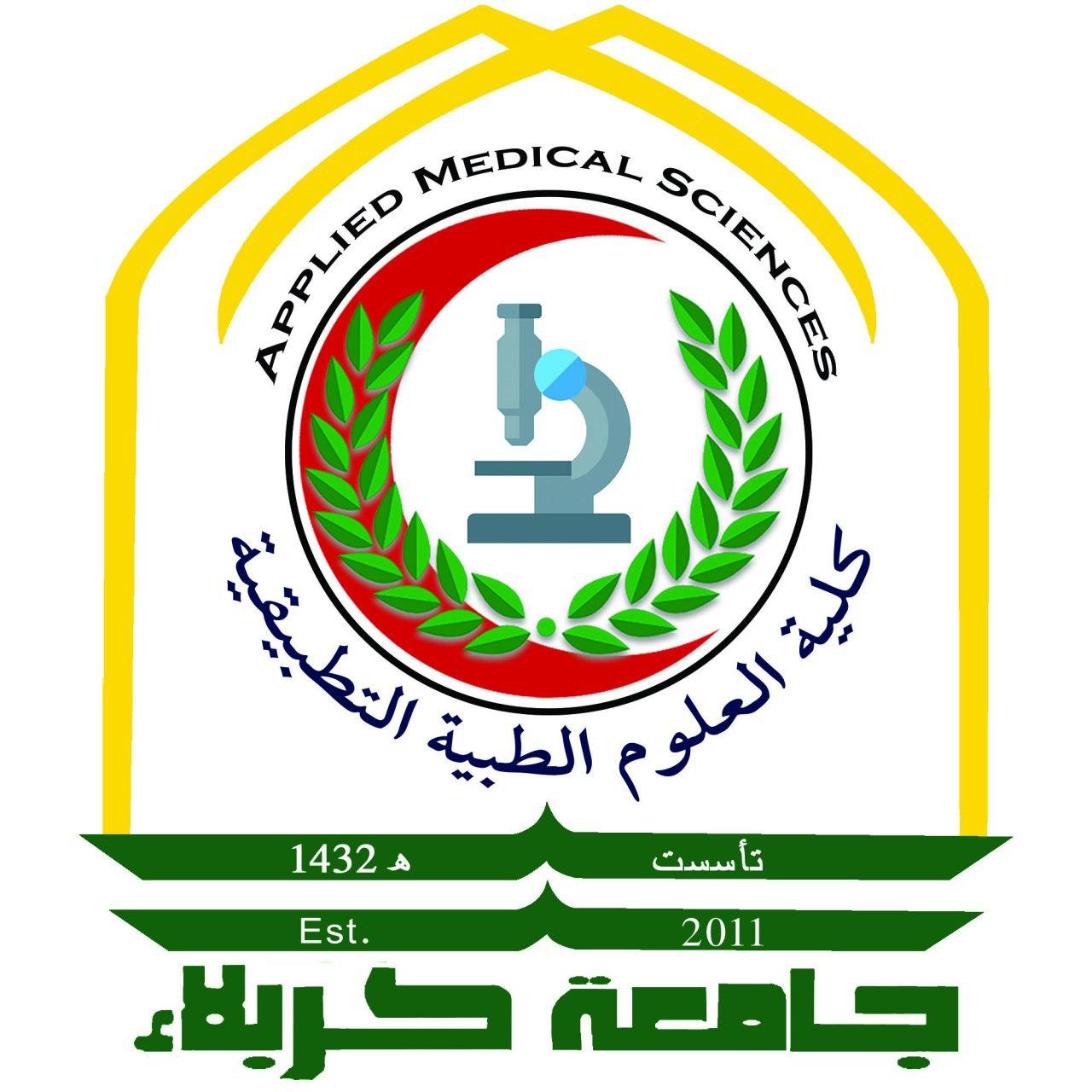A master’s thesis at the University of Karbala discusses the association of some types of bacteria and some risk factors for psoriasis
The College of Applied Medical Sciences at the University of Karbala discussed a master’s thesis entitled (The relationship of some types of bacteria and some risk factors with the severity of psoriasis in patients) for the student (Raed Omran Musa)
The discussion committee consisted of:
a . Dr. Mayada Farhan Darwish _ University of Kufa / College of Science – Chairman
a . M . Dr. Hassan Mahmoud Musa – Karbala University / College of Pharmacy – Member
M . Dr. Amer Ali Hammadi – University of Karbala / College of Applied Medical Sciences – Member
Prof. Dr. Suhad Hadi Muhammad – University of Karbala / College of Applied Medical Sciences – member and supervisor
Dr. Haider Amer Abboud – Karbala University / College of Medicine – member and second supervisor
The aim of the thesis was to study the association of some bacterial causes with the severity of the disease, in addition to studying the effect of some risk factors on the severity of the disease.
The study revealed that more than half of psoriasis patients had antibodies to H. pylori, and there was a significant correlation between the presence of these antibodies and the PASI score.
The average age of psoriasis was higher in females, and the onset of the disease occurred at a younger age in females compared to males… Regarding body mass index… Almost half of the patients had a normal body mass index
The study concluded that there is a significant relationship between the severity of the disease with sex and age, as well as the presence of a high percentage of patients with psoriasis who have H pylori infection.
The thesis recommended a broader study in which the treatment of H pylori in people with psoriasis who have this bacterium is followed up and the severity of their disease is monitored after treatment.
Also, a study was conducted to detect the presence of some antibacterial peptides and to compare the percentage of these proteins among people with psoriasis with other healthy people.



























































